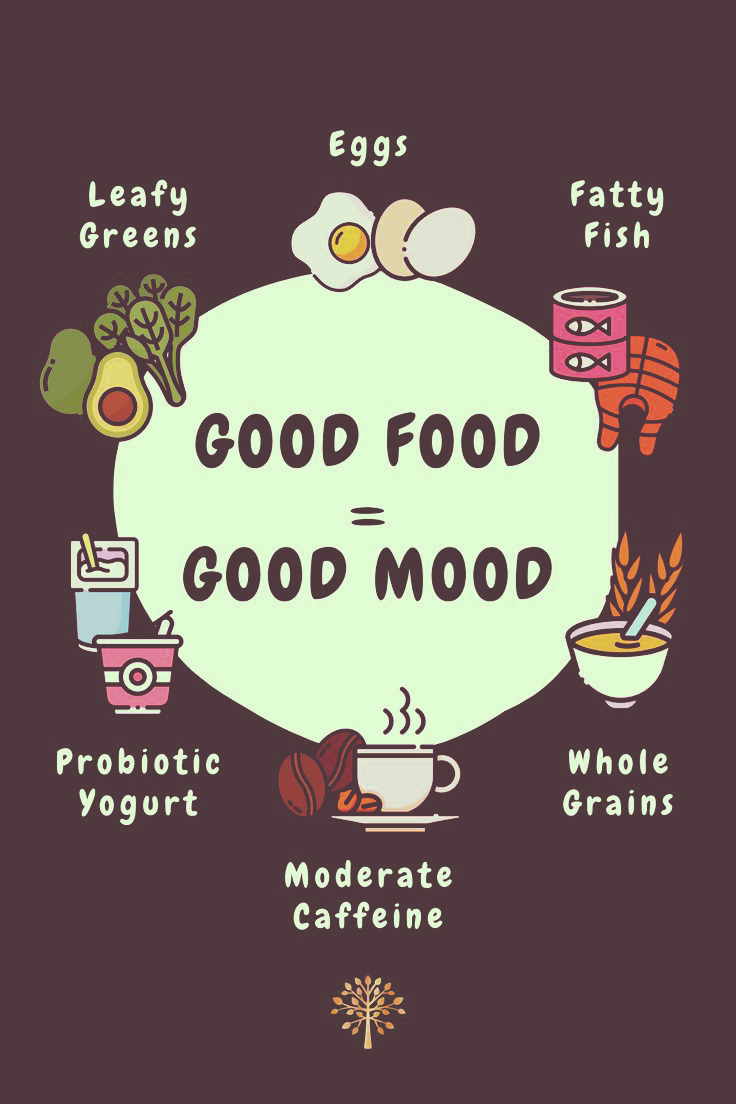When we're feeling stressed, anxious or depressed, our bodies crave carbohydrates. This is because when we eat carbs, our body releases serotonin, a mood-regulating neurotransmitter, which helps us feel calm and relaxed. Comfort foods like pizza, pasta, and ice cream are high in carbs, which is why we often turn to them when we're feeling down. However, while these foods may provide temporary relief, they can also lead to weight gain and other health problems if consumed in excess.
On the other hand, when we're feeling happy and content, we tend to make healthier dietary choices. Studies have shown that when we're in a positive mood, we're more likely to choose foods that are high in protein and fiber, such as lean meats, fruits, and vegetables. These foods provide long-lasting energy and help us feel fuller for longer, reducing the likelihood of overeating.
Another factor that can affect our dietary choices is our level of self-control. When we're feeling stressed or anxious, we may have less willpower to resist unhealthy foods. This is because stress triggers the release of cortisol, a hormone that can increase our appetite and cravings for sugary, fatty foods. This can create a vicious cycle, as consuming these foods can further increase our stress levels, leading to more overeating.
Similarly, lack of sleep can also have a significant impact on our dietary choices. When we don't get enough sleep, our bodies produce more of the hunger hormone ghrelin, which can make us feel hungrier and increase our cravings for high-calorie foods. Additionally, sleep deprivation can reduce our self-control, making it harder to resist unhealthy foods.
In conclusion, our mood can have a significant effect on our dietary choices. When we're feeling down or stressed, we may be more likely to reach for comfort foods high in carbs, while when we're happy and content, we tend to make healthier choices. However, it's important to be mindful of our dietary choices and to practice self-control, particularly during times of stress or when we're not getting enough sleep. By making conscious choices about what we eat, we can improve our overall health and wellbeing.





No comments:
Post a Comment